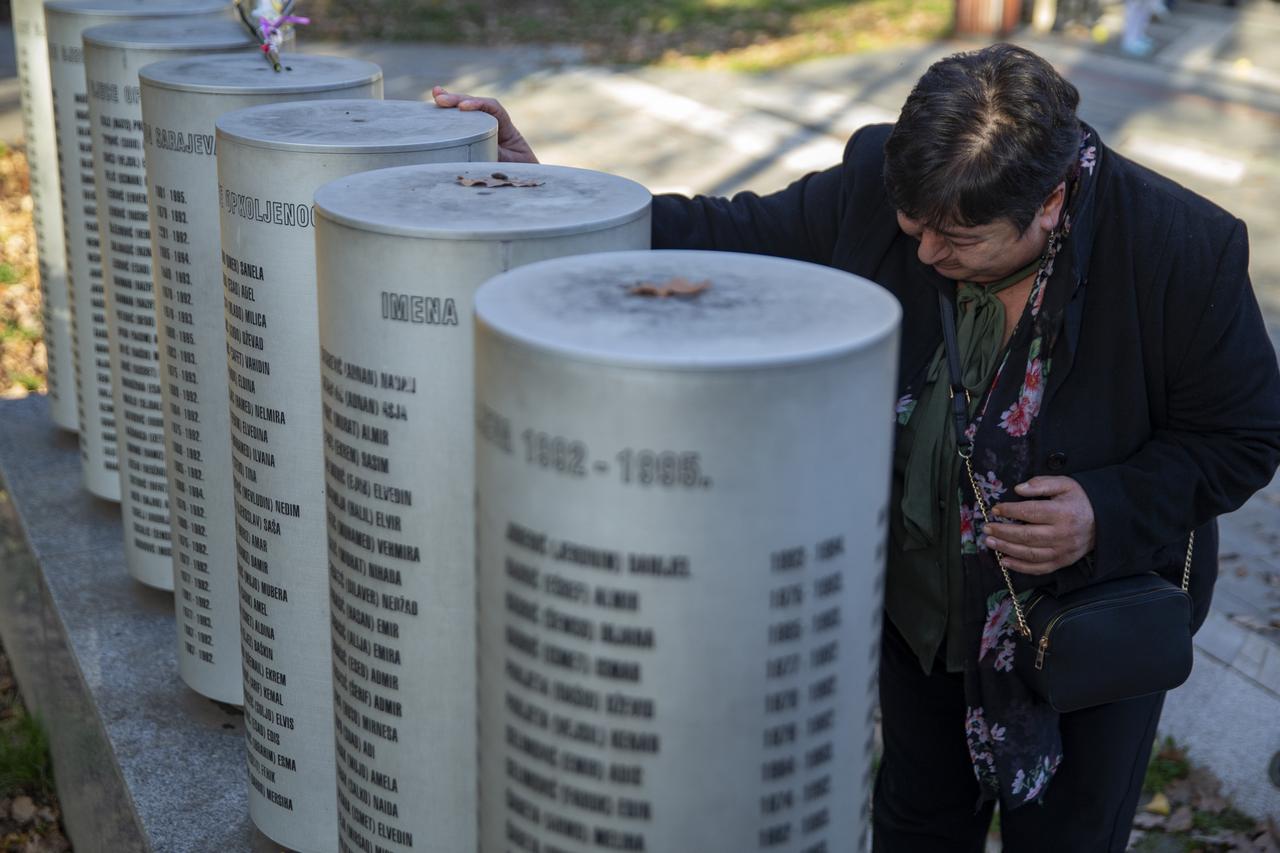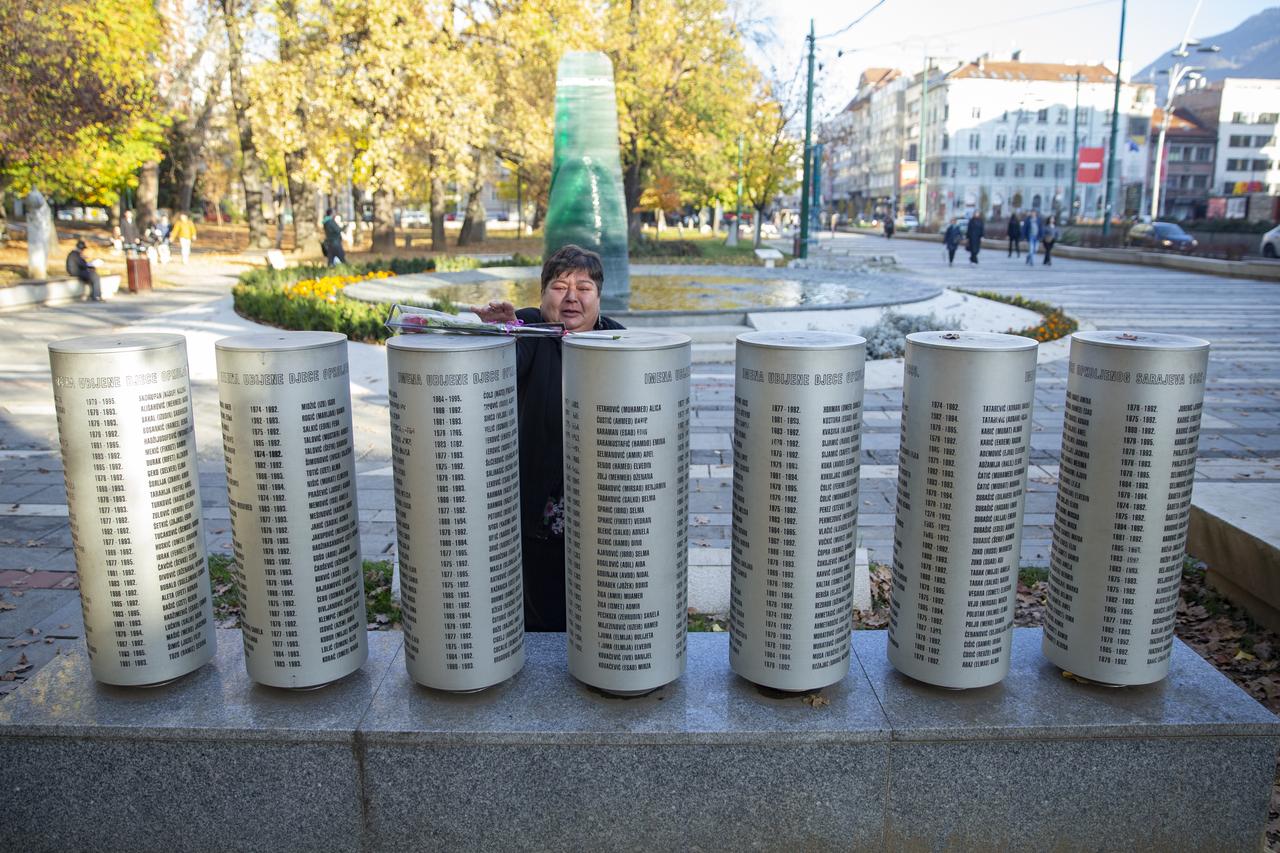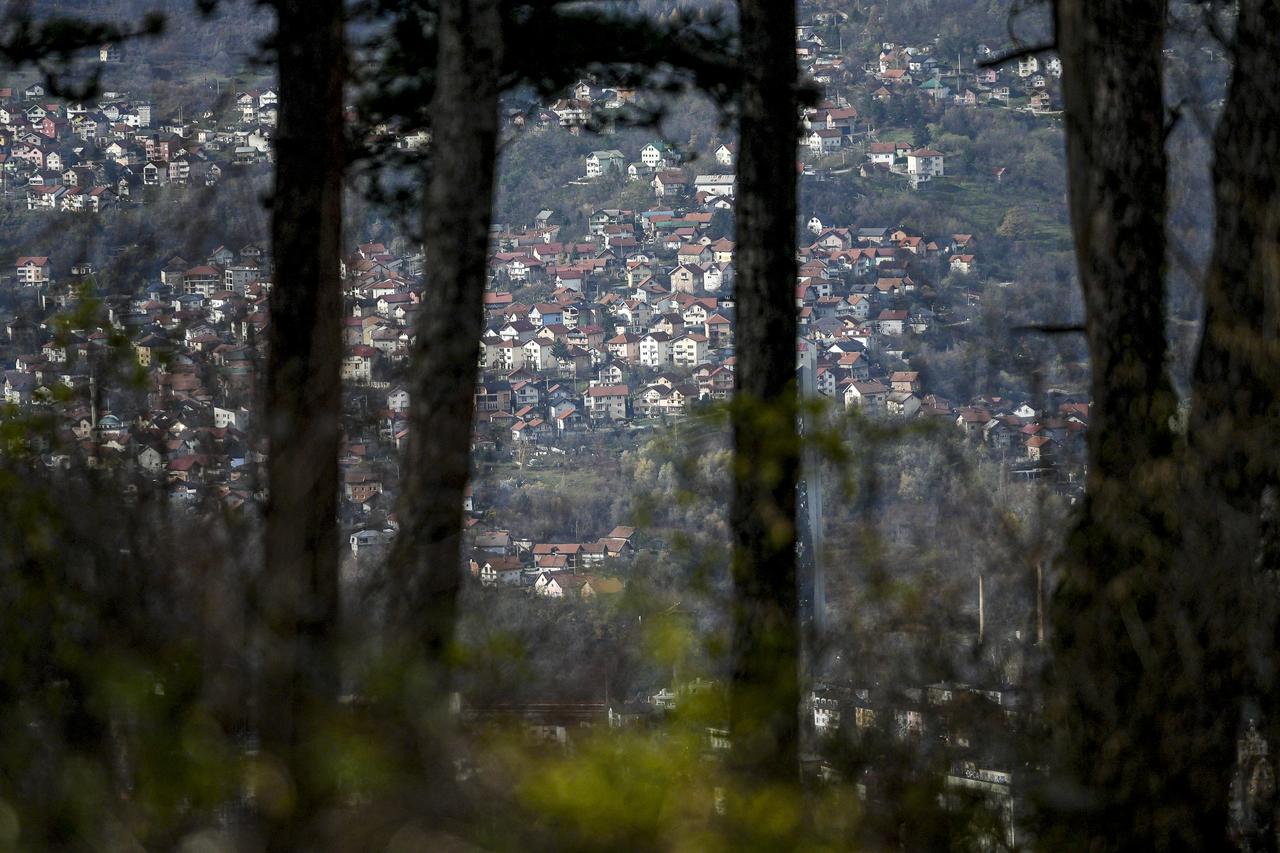
Families in Sarajevo who lost loved ones to sniper fire during the 1992–1995 Bosnian War are renewing their call for justice following the launch of a formal investigation in Italy into allegations that wealthy Italians paid to kill civilians during the nearly four-year siege of the city.
Survivors have long demanded an investigation into reports that foreign nationals assisted Bosnian Serb forces in orchestrating deadly sniper attacks. The claims first gained international attention in 1995 under headlines such as “Sniper Safari in Sarajevo,” but no action was taken—until this month, when prosecutors in Milan opened a case into the alleged war crimes.
The investigation has revived hope among survivors and families who have spent decades seeking accountability for one of the war’s darkest and most brutal chapters.
Italian prosecutors are reportedly examining whether Italian nationals paid Bosnian Serb forces for so-called “sniper tourism” experiences, traveling to Sarajevo to target civilians trapped in the besieged city. More than 11,500 civilians, including over 1,600 children, were killed between 1992 and 1995, as sniper fire and relentless shelling turned everyday life into a mortal gamble.

Fatima Popovac, whose 6-year-old son Adnan was killed by sniper fire during the war, told Anadolu Agency she has spent decades searching for answers.
“I cannot understand how someone could kill a child for amusement,” she said. “What harm could a 6-year-old child possibly have done to anyone?”
Popovac insists that both the shooters and those who enabled them must be held accountable.
“I cannot even imagine that those who carried these out could be in human form. I wish I could see that monster—what they look like, what they resemble. Do they carry no humanity at all?” she asked.
Despite the enduring trauma, Popovac said she has worked to rebuild her life and hopes the truth will finally come to light.
“I cannot wish harm on anyone, even on the person who killed my child,” she said. “God willing, my son will be waiting for me in paradise.”

Her call for justice is echoed by Dzemil Hodzic, founder of the "Sniper Alley" project, which documents wartime atrocities committed during the siege. Hodzic’s 16-year-old brother, Amel, was also killed by sniper fire.
Hodzic rejects the use of the term “tourists” to describe the alleged perpetrators. “They are killers and terrorists,” he said.
He also claims the operations were backed by Serbian state security structures at the time.
“As long as I live, I will fight for the truth,” Hodzic said. “And I won’t stop. They won’t sleep comfortably.”
Footage released in 2021 showing snipers firing at Sarajevo civilians further intensified the trauma for survivors, reigniting painful memories of life under siege.
For many, the Milan investigation represents the first serious effort in nearly 30 years to uncover the scope of the alleged “sniper-for-hire” operations and bring those involved to justice.
The Bosnian War left more than 100,000 people dead and displaced millions. The siege of Sarajevo—lasting nearly four years—is widely recognized as the longest siege of a capital city in modern history.